Women’s health needs evolve through every stage of life — from adolescence and reproductive years to menopause and beyond. Nutrition plays a key role in supporting energy, hormonal balance, strong bones, clear skin, and long-term disease prevention.
Here are 10 powerhouse foods every woman should eat regularly, supported by research and practical health tips.
🥬 1. Leafy Greens (Spinach, Kale, Swiss Chard)
Why They Matter
Leafy greens are packed with iron, crucial for preventing anemia — a condition particularly common among women due to menstruation. They’re also rich in calcium and vitamin K, which strengthen bones and lower the risk of osteoporosis after menopause. Antioxidants like lutein and beta-carotene promote skin and eye health.
Practical Tip
- Add spinach to smoothies for a nutrient boost.
- Toss kale into salads or sauté Swiss chard with garlic as a side dish.
📖 Reference: Harvard T.H. Chan School of Public Health – Vegetables and Fruits
🐟 2. Fatty Fish (Salmon, Sardines, Mackerel)
Why They Matter
Fatty fish are the richest dietary source of omega-3 fatty acids, which reduce inflammation, protect the heart, and support brain health. For women, omega-3s are vital during pregnancy (fetal brain development) and menopause (reducing hot flashes and mood swings). They also provide vitamin D, essential for bone strength.
Practical Tip
- Aim for 2 servings per week of salmon, sardines, or mackerel.
- Vegetarians can turn to chia seeds, flaxseeds, and walnuts for plant-based omega-3s.
📖 Reference: National Institutes of Health (NIH) – Omega-3 Fatty Acids
🍓 3. Berries (Blueberries, Strawberries, Raspberries)
Why They Matter
Berries are rich in antioxidants (especially anthocyanins) that protect against oxidative stress and chronic diseases like heart disease and cancer. They also contain fiber, which supports digestion, stabilizes blood sugar, and aids weight management.
Practical Tip
- Snack on fresh berries instead of sugary desserts.
- Add them to oatmeal, yogurt, or smoothies for a natural sweetness.
📖 Reference: Mayo Clinic – Healthy Eating: Antioxidants
🥛 4. Greek Yogurt (or Fortified Plant-Based Alternatives)
Why They Matter
Greek yogurt is a rich source of calcium and protein, vital for bone strength and muscle health. It also contains probiotics, which support digestion, boost immunity, and may help regulate hormones by promoting gut health.
Practical Tip
- Choose unsweetened Greek yogurt and top it with nuts, seeds, or fruit.
- If vegan, opt for fortified soy or almond yogurt with added calcium and vitamin D.
📖 Reference: Harvard Health Publishing – The Importance of Probiotics
🌱 5. Beans & Lentils
Why They Matter
Beans and lentils are high in plant-based protein and fiber, which keep you full longer and improve digestion. They’re excellent sources of iron and folate — key nutrients for women in their reproductive years to support red blood cells and prevent birth defects during pregnancy.
Practical Tip
- Use lentils in soups and curries.
- Add chickpeas or black beans to salads for extra protein.
📖 Reference: American Heart Association – Beans and Legumes
🌰 6. Nuts & Seeds (Almonds, Walnuts, Flaxseeds, Chia Seeds)
Why They Matter
Nuts and seeds provide healthy fats, protein, and fiber, which are essential for heart and brain health. Walnuts supply plant-based omega-3s, while flaxseeds and chia seeds contain phytoestrogens that help regulate hormones and reduce PMS or menopause symptoms.
Practical Tip
- Eat a small handful of mixed nuts daily.
- Add ground flaxseeds to oatmeal or smoothies.
📖 Reference: Cleveland Clinic – Health Benefits of Nuts
🥑 7. Avocado
Why They Matter
Avocados are loaded with monounsaturated fats that lower bad cholesterol and improve heart health. They also provide folate, supporting reproductive health, and potassium, which regulates blood pressure. The fiber in avocados aids digestion and helps maintain a healthy weight.
Practical Tip
- Spread avocado on whole-grain toast.
- Blend into smoothies for creaminess.
📖 Reference: Harvard Health – Healthy Fats
🥚 8. Eggs
Why They Matter
Eggs are a nutritional powerhouse, containing high-quality protein, vitamin B12, iron, and selenium. They are especially rich in choline, a nutrient vital for brain function and fetal development during pregnancy.
Practical Tip
- Eat boiled eggs as a quick snack.
- Use eggs in salads, stir-fries, or healthy wraps.
📖 Reference: National Institutes of Health (NIH) – Choline Fact Sheet
🌾 9. Whole Grains (Oats, Quinoa, Brown Rice)
Why They Matter
Whole grains provide complex carbohydrates for sustained energy, along with fiber that promotes digestion and lowers cholesterol. They’re also packed with B vitamins, which support metabolism, reduce fatigue, and help regulate hormones.
Practical Tip
- Start your morning with oatmeal.
- Replace white rice with brown rice or quinoa.
📖 Reference: American Heart Association – Whole Grains and Fiber
🍫 10. Dark Chocolate (70% or Higher)
Why They Matter
Dark chocolate (with 70% cocoa or higher) is rich in flavonoids, magnesium, and iron. It supports heart health, improves brain function, and reduces stress. Magnesium in dark chocolate can help ease PMS symptoms like cramps and fatigue.
Practical Tip
- Enjoy 1–2 small squares after meals.
- Add unsweetened cocoa powder to smoothies or yogurt.
📖 Reference: Harvard Health – The Benefits of Dark Chocolate
✅ Final Thoughts
Every woman’s body has unique nutritional needs, but these 10 nutrient-rich foods offer wide-ranging benefits — from boosting energy and balancing hormones to protecting bones, skin, and heart health.
By incorporating them regularly into your diet, you can strengthen your body against long-term health risks while enjoying delicious, versatile meals.
📌 Key takeaway: Small, consistent dietary choices create the foundation for lifelong women’s health.
ABOUT THE AUTHOR
Dr. Nora West is a highly skilled MBBS doctor with a special interest in women’s health and patient education. She is dedicated to providing compassionate care and believes in building strong doctor–patient relationships based on trust and understanding. Dr. Nora focuses on empowering her patients with the knowledge they need to make informed decisions about their health. She is particularly passionate about preventive medicine, nutrition, and lifestyle interventions that can significantly improve quality of life. Known for her warmth and professionalism, Dr. Nora combines evidence-based medicine with a personalized approach, ensuring every patient feels supported on their journey to better health.





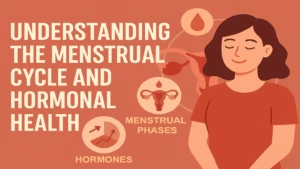
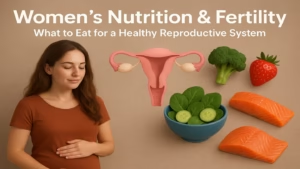

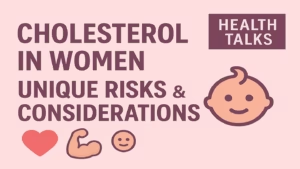
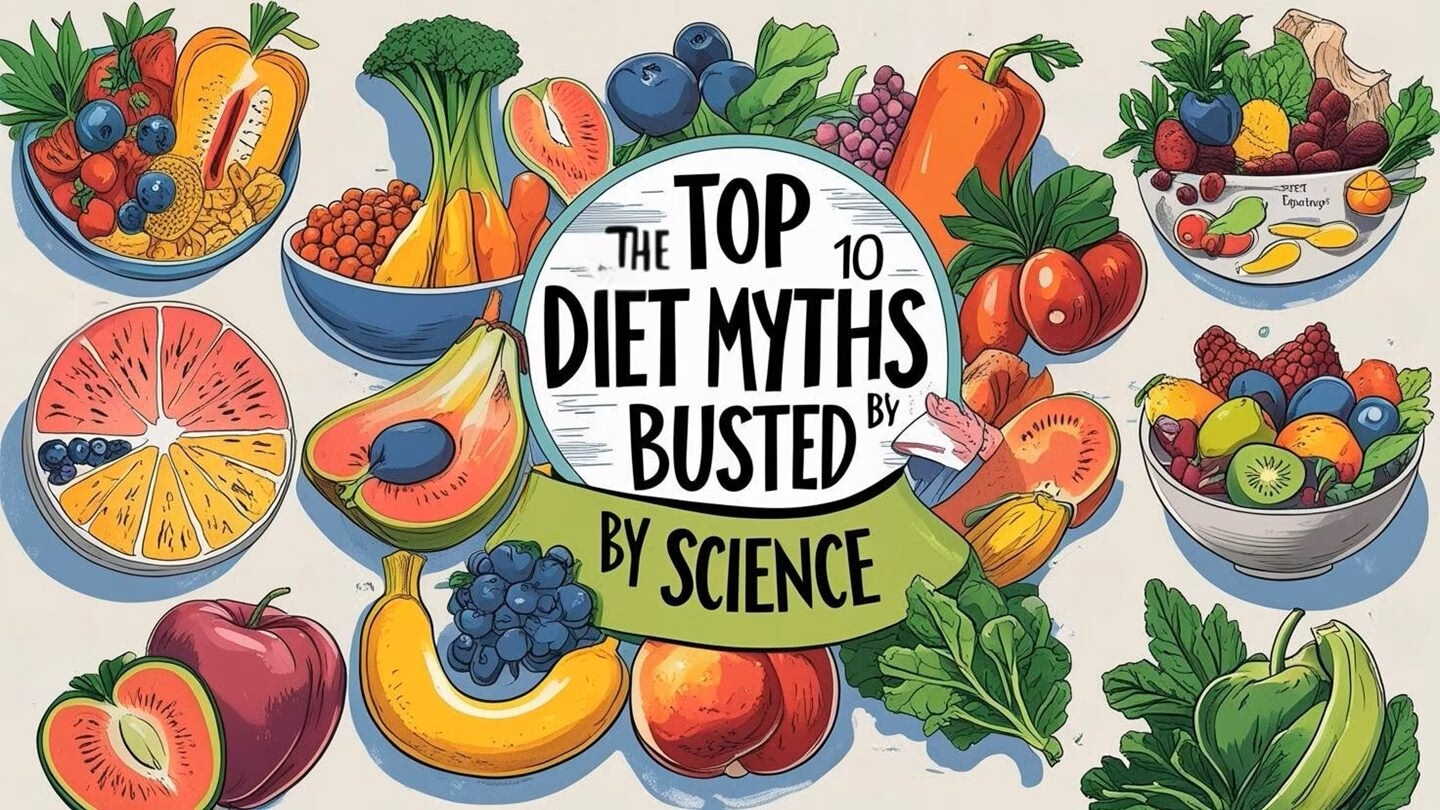
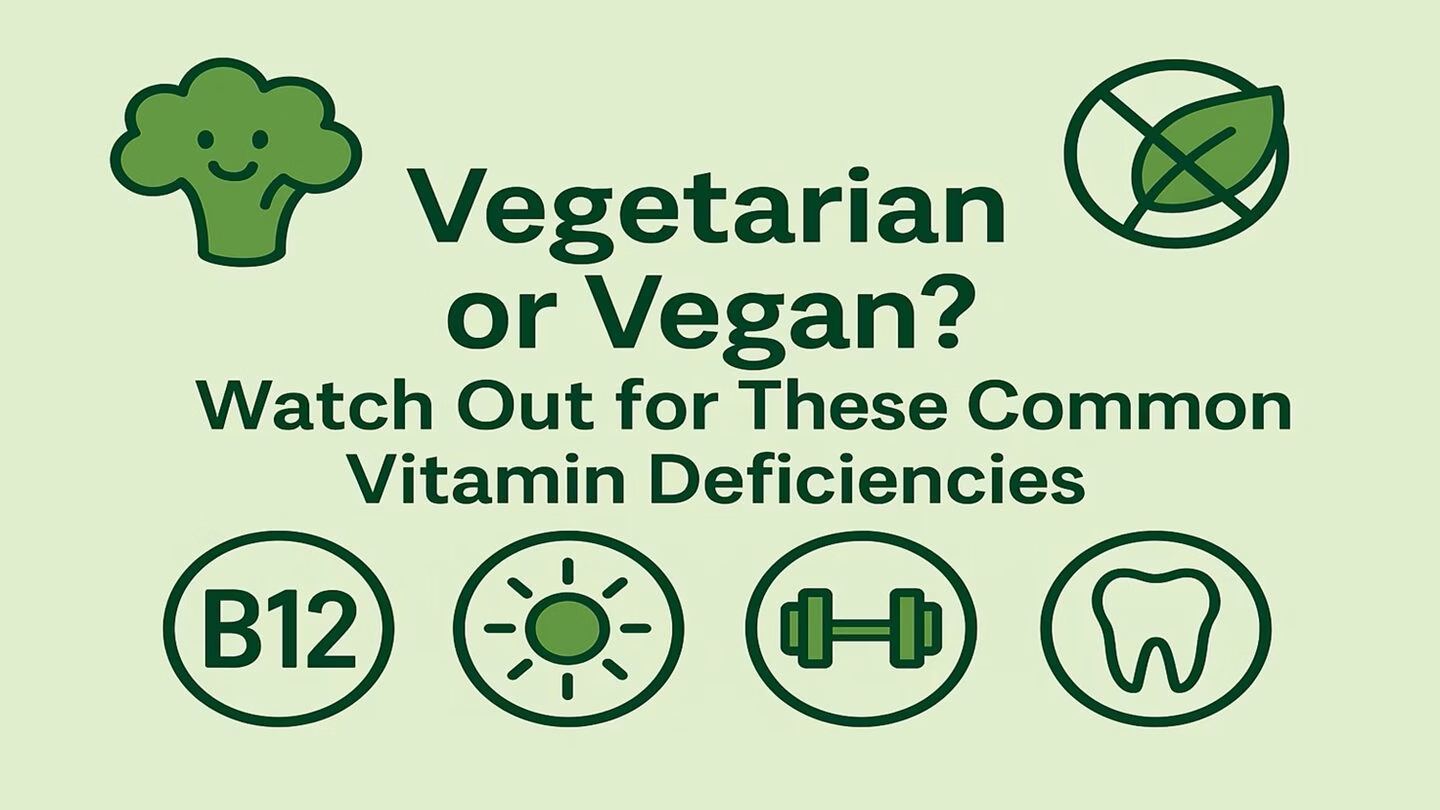

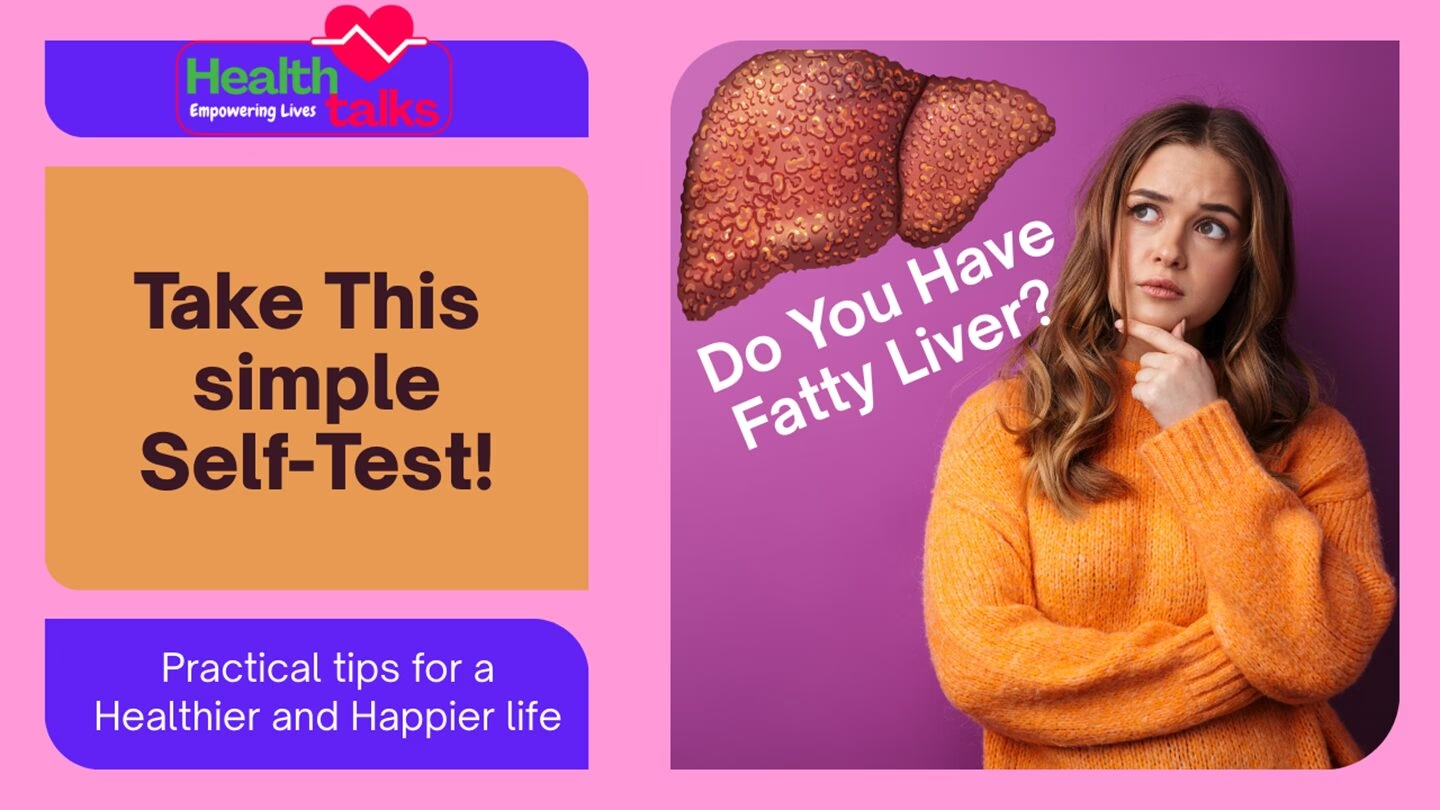

Add comment